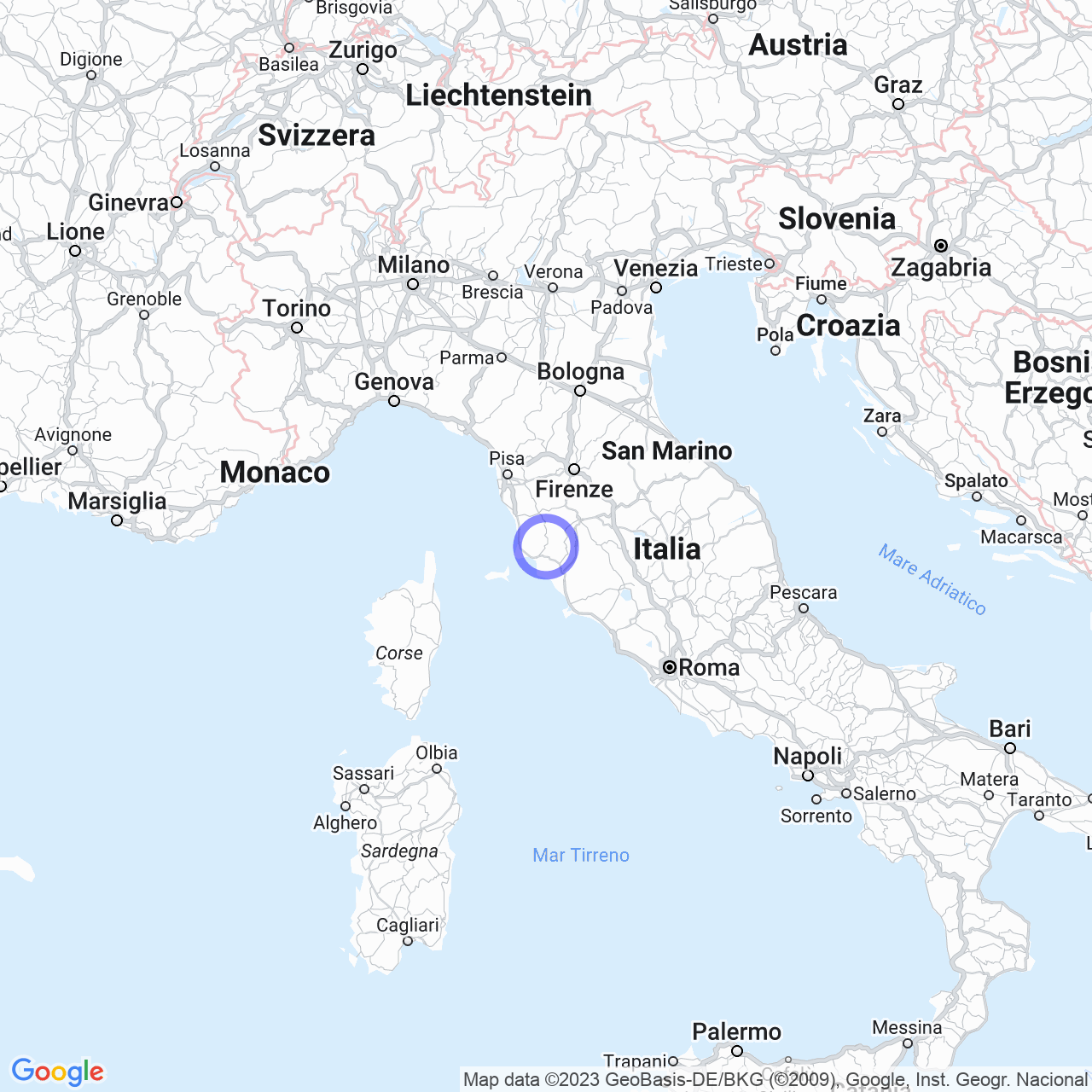Niccioleta
The Massacre of Niccioleta
The Massacre of Niccioleta is one of the most tragic events of the period of World War II in Italy. It was a Nazi-Fascist massacre that took place between Niccioleta and Castelnuovo Val di Cecina, near Massa Marittima on June 13th and 14th, 1944. During the massacre, 83 men were butchered, including 6 miners who were shot in the courtyard behind the pantry in Niccioleta.
The Context
On June 9th, a partisan squad entered the hamlet of Niccioleta. The locals, thinking that this was the beginning of an imminent liberation by the Allies, took to the streets celebrating. Soon after, the few local fascists were placed under house arrest, and a sort of local anti-fascist self-defense militia was formed.

Description of the Event
On June 13th, 1944, a military police unit composed of German officers and Italian soldiers arrived in Niccioleta to punish its inhabitants for refusing to appear at the fascist and German police stations in Massa Marittima. Six miners were immediately shot in the small courtyard behind the pantry, while Giovanni Gai managed to escape.
Subsequently, about 150 miners were taken to Castelnuovo di Val di Cecina and locked up in the local cinema. Here, the Nazi and fascist officers decreed their fate: those on the list would be shot, the young deported to Germany, and the elderly sent home. That same night, the Nazis shot a group of partisans known as the "banda di Ariano," active in the Volterra area.
On the evening of June 14th, 77 miners were executed with machine guns on the road to Larderello, near the power plant.
Historical Memory
The Massacre of Niccioleta was a dramatic event in Italian history and must be remembered in order not to forget the victims. Furthermore, it is important to study and deepen history to understand the present and not make the same mistakes in the future.
On June 13th, 2019, the National Historical Memory Park of Niccioleta was inaugurated to pay tribute to the victims and keep the memory of the massacre alive. In addition, every year, the National Association of Italian Partisans organizes a commemoration ceremony for the victims of the massacre.
Historical memory is an important tool for building a more just and inclusive society, where there should be no discrimination of any kind. Through historical memory, we can learn to fight against racism, xenophobia and every form of hatred towards our fellow humans.
Conclusion
The Massacre of Niccioleta is a tragic event in Italian history that has deeply marked the collective memory. We must never forget the victims and continue to fight against every form of hatred and discrimination. Historical memory plays a fundamental role in building a more just and inclusive society, where every individual has the same rights and opportunities.
